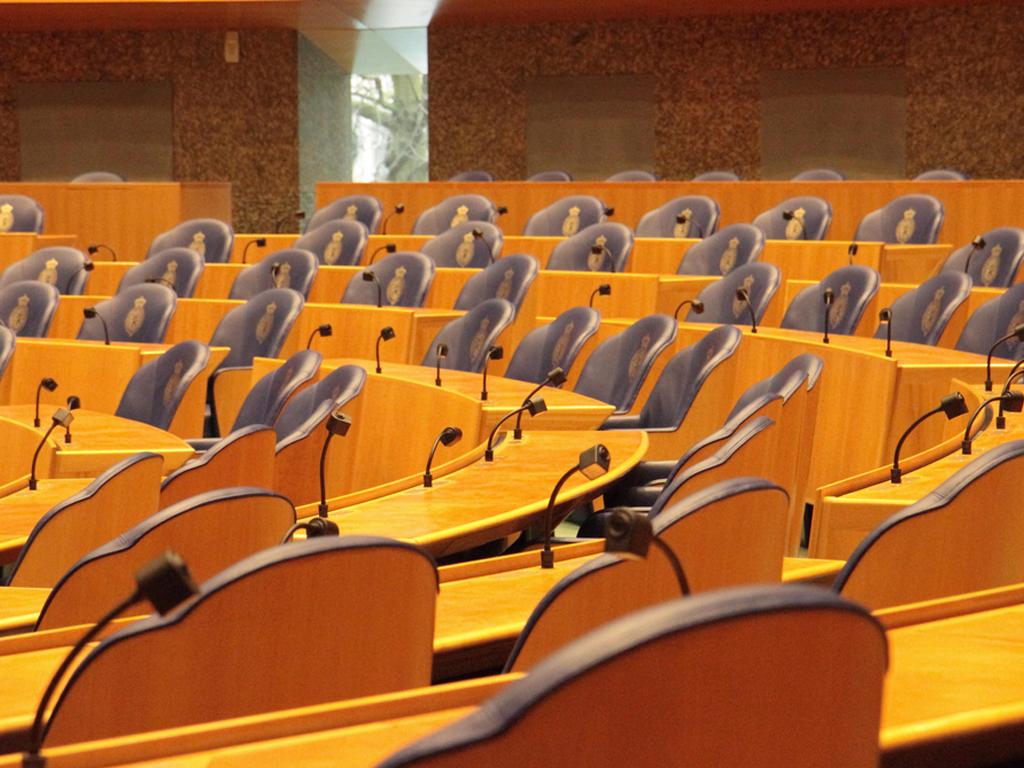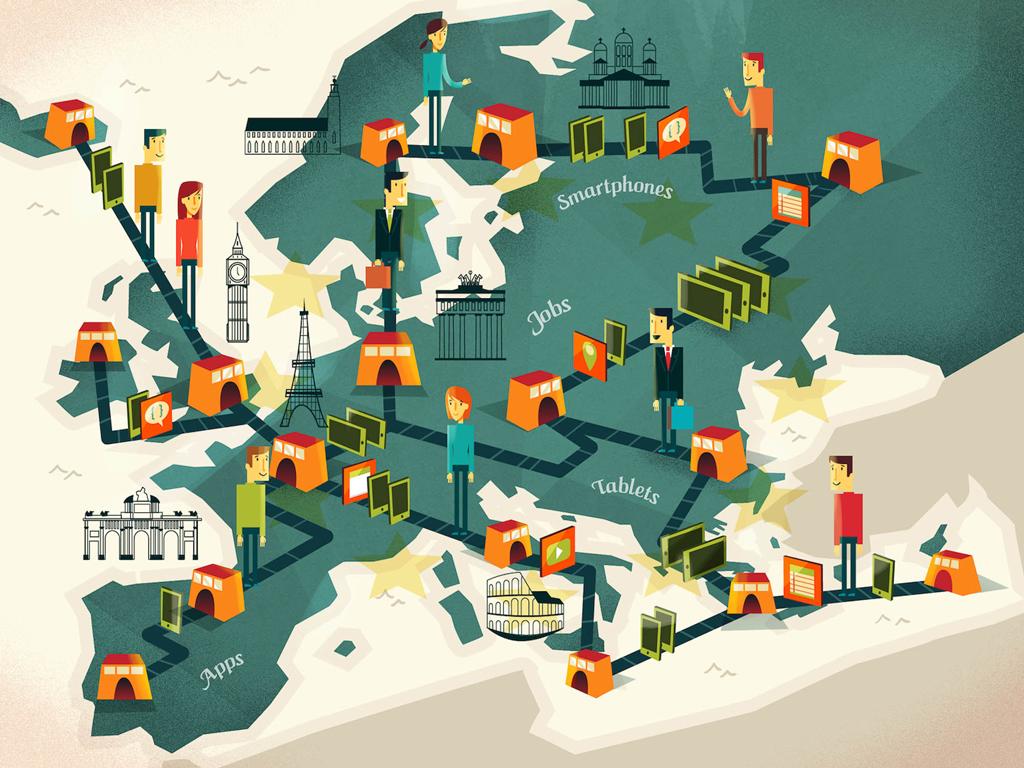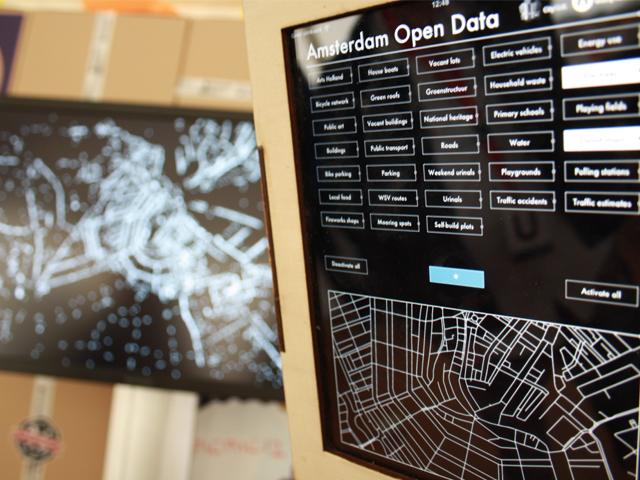On Saturday 8 September, Apps for Democracy took place at the Dutch House of Representatives in The Hague. Organized by the House itself, the Open State Foundation and Netwerk Democratie, a select group of makers and thinkers discussed the way that Open Data can contribute to break up policy processes and empower the democracy. Direct reason was the (enhanced) version of the Parlis system, that opens up the documents circulating in parliament. On invitation of Gerdi Verbeet, new applications were made on the spot that may contribute to the transparancy of the parliament.
On behalf of Waag, Ivonne Jansen-Dings, project manager Open Data and myself (Tom Demeyer, head of technology) were present. Besides a good discussion (what else can one expect in parliament?) several teams of developers came well prepared to show demos of the possibilities they saw with the newly opened parliamental data. Applications on a scientific level, like those of TNO and Hogeschool Rotterdam, but also commercial services were presented, like the website van NU.nl. Some examples are:
- NUPubliek; follow politicians
- Het Parallellement; vote like in the real parliament
- Wie kies jij; a voting guide, not only for political parties, but also for real candidates
- Argumenten.nl; pros and cons for every theme and discussion possible
- Publitiek.nl; orderly information on debates, parties and politicians
- Tweede Kamer Examen; important questions posed to politicians
What does this initiative means for our democratic system? Is this a step towards a better functioning parliamental democracy? Well, hardly... This information was available already, one cannot say new means of communication have become available and the processes will stay exactly the same. But, this is an important step. It shows that parliament is conscious of a changing society and that it is willing to change the way it functions and is willing adapt to todays demands. A cliché, maybe, but no commonplace for most political institutions. The House of Representatives makes the first step now and hopefully other institutions will follow suit. They can either join or become superfluous. In that sense it was a bit of disappointment that the workshop 'Open data and political institutions' in the afternoon did not do its title justice.
Apps for Democracy shows that it is important to create the context where policy makers, opinion leaders, scientists, developers and companies can meet each other. Apps contests in general, and this one in particular can create a momentum. Data owners will work towards a specific moment in time to open up their data and developers will get a platform to show their innovative force.



